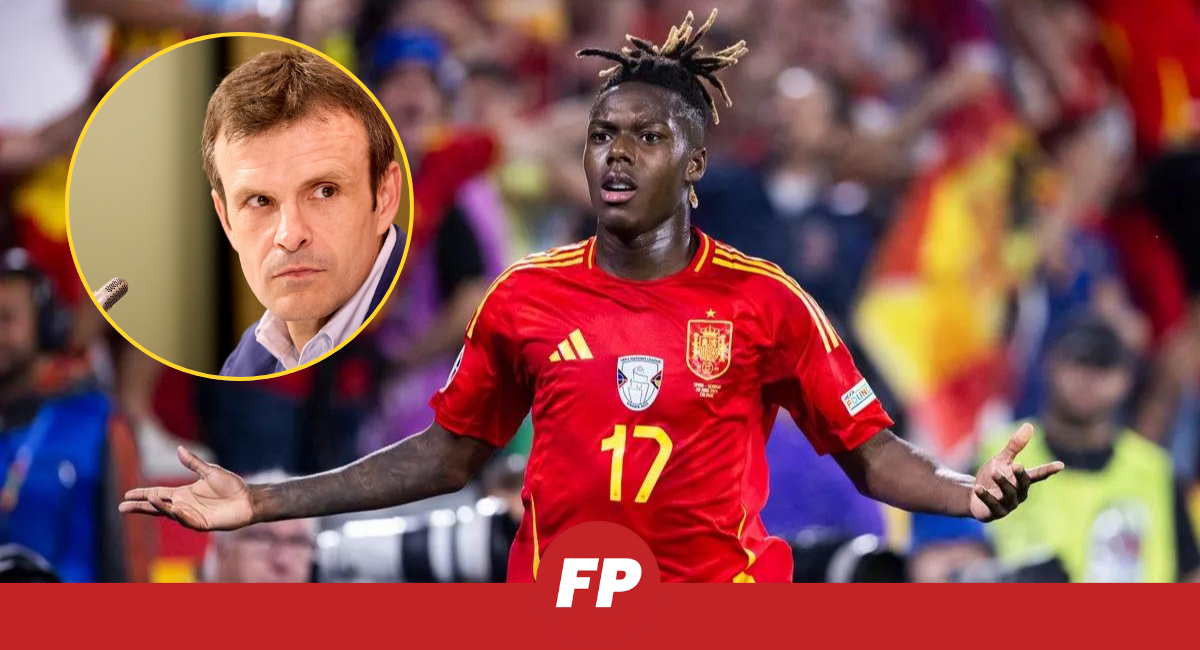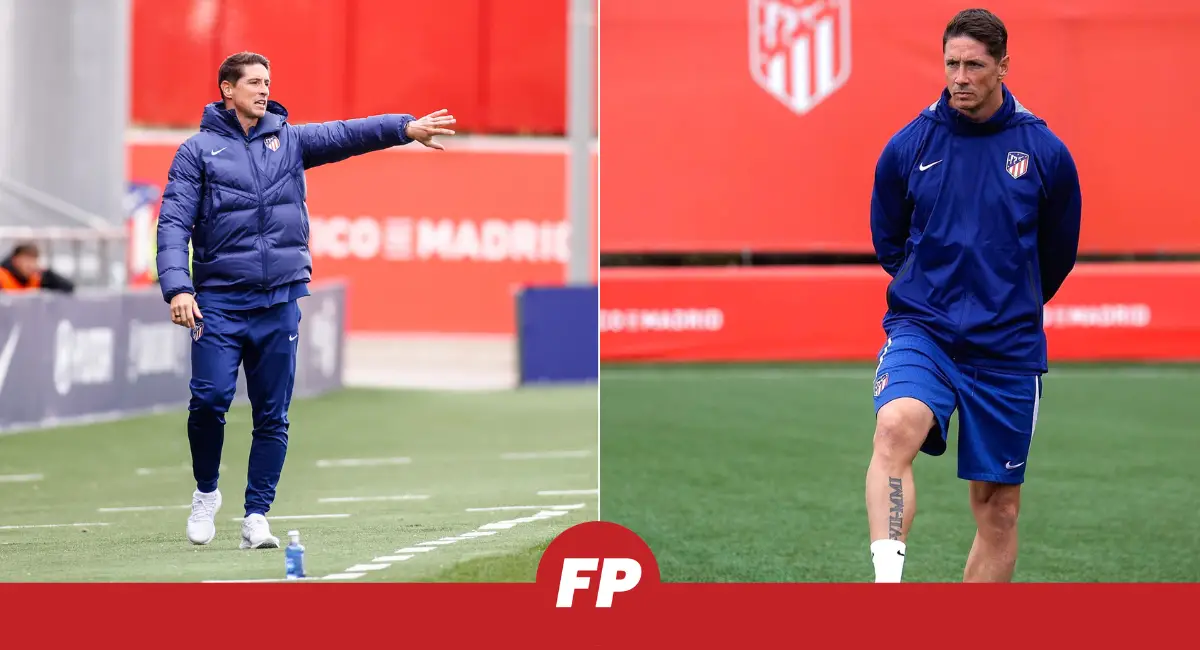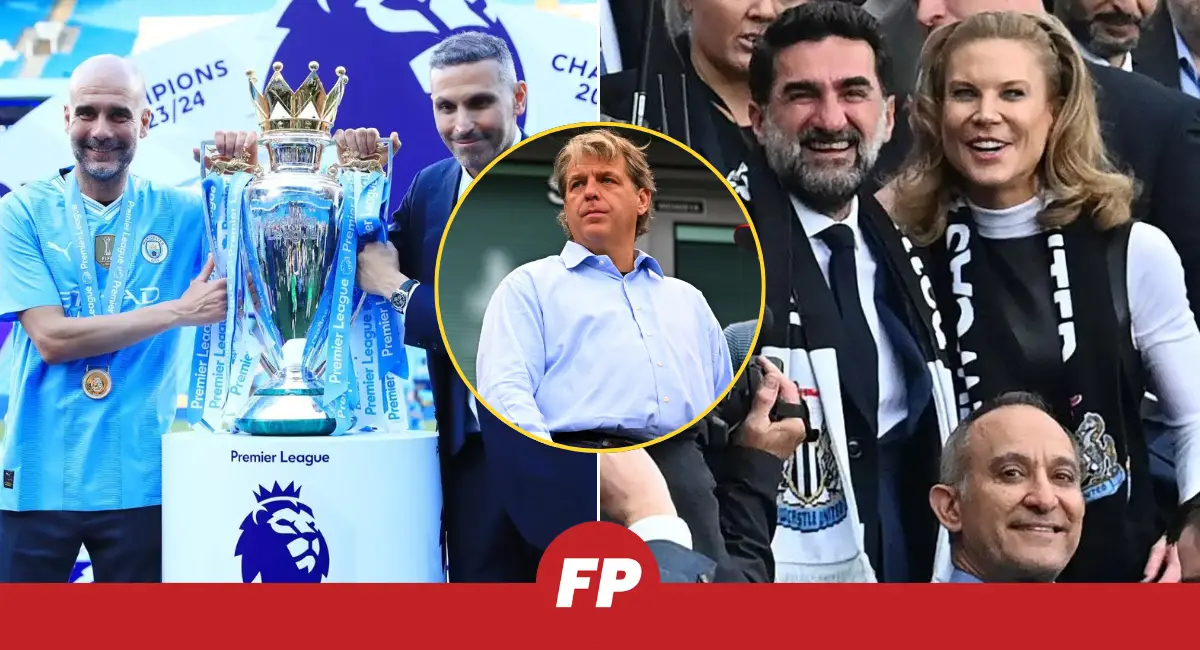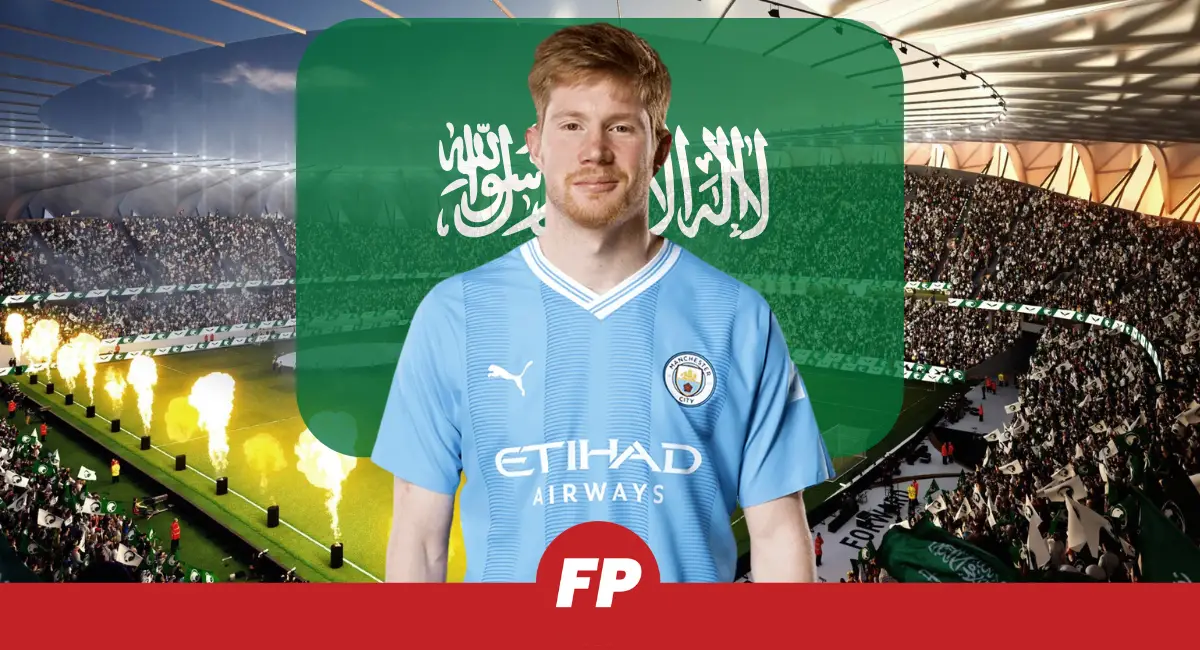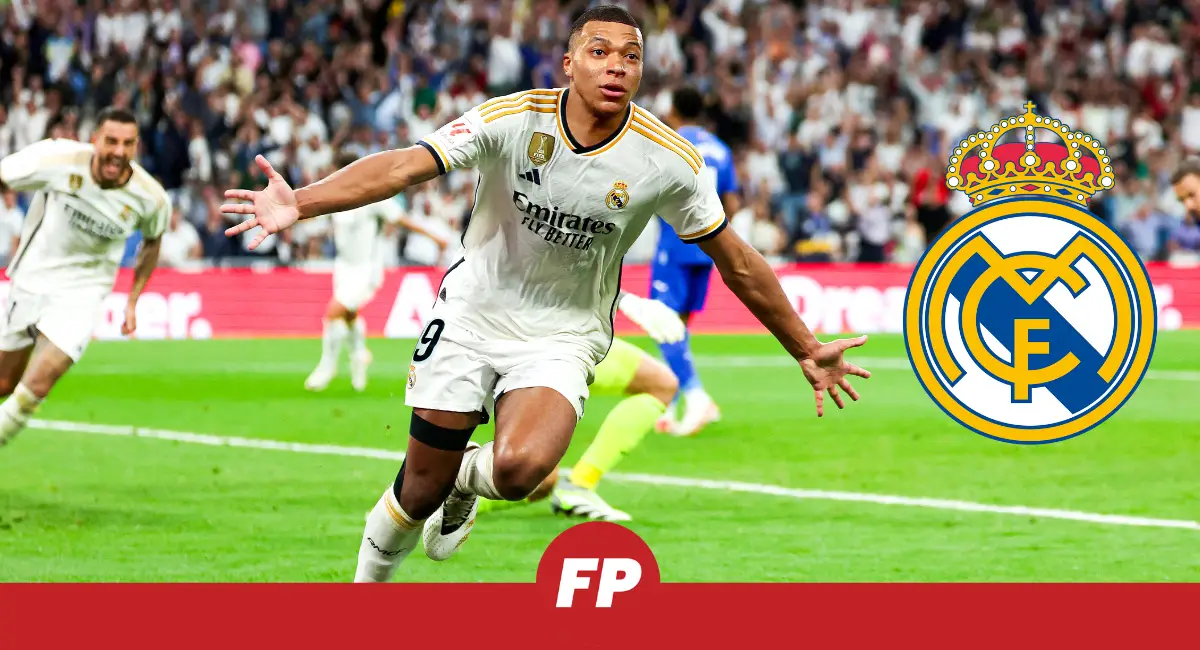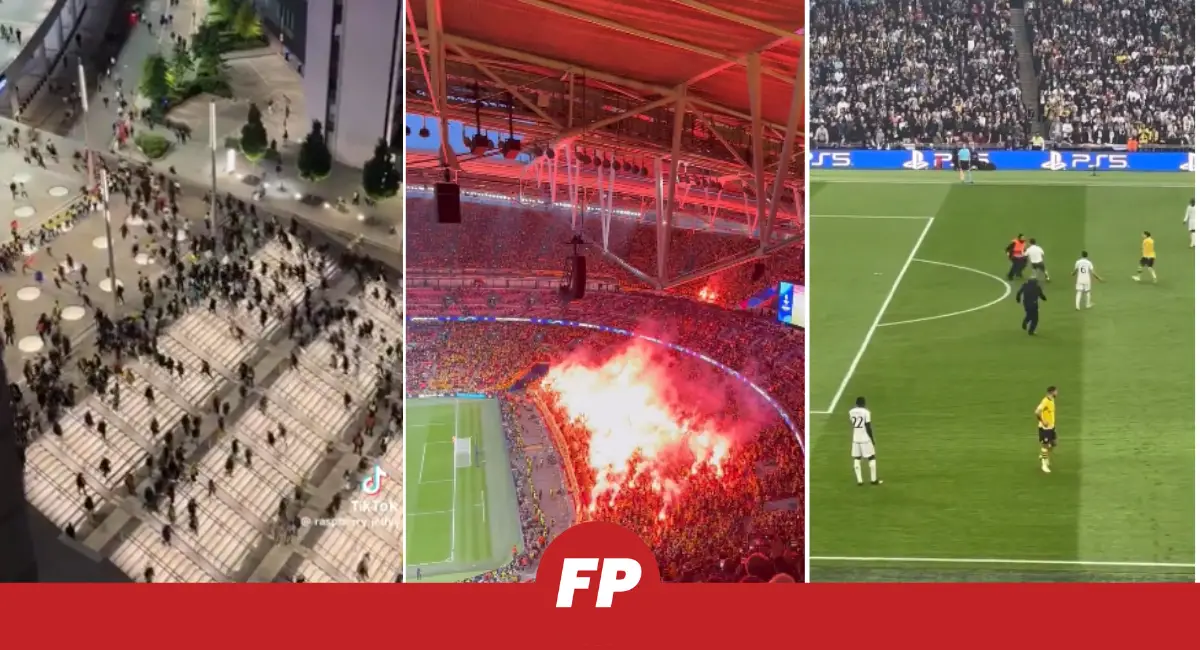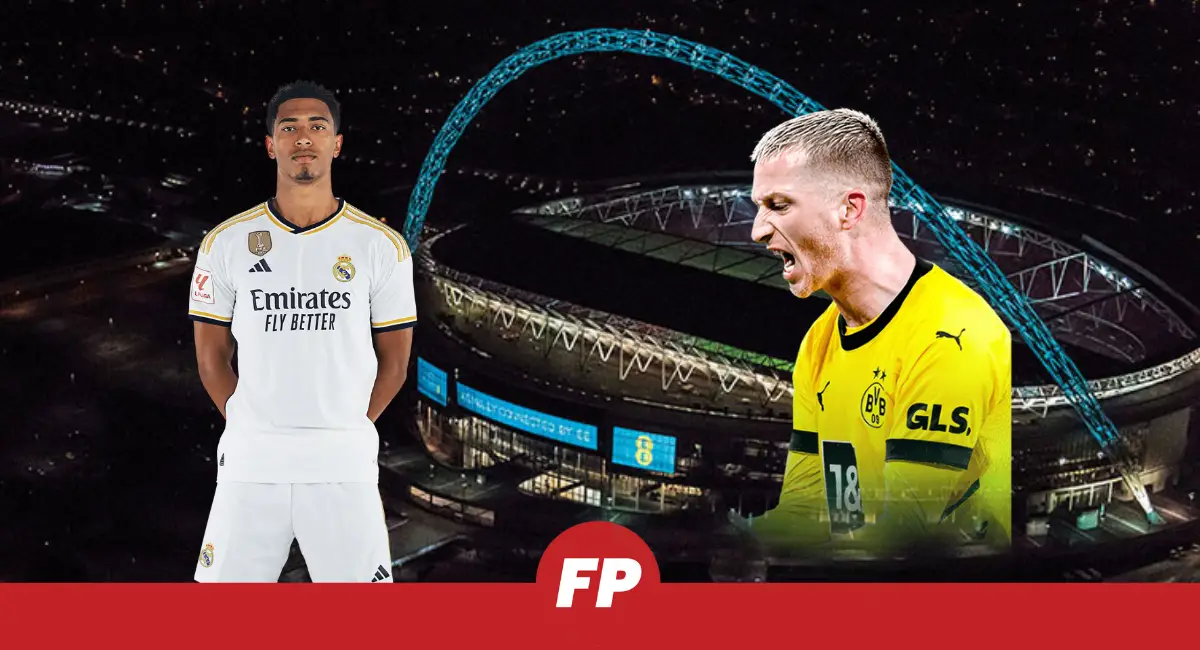The 2023/24 La Liga season witnessed an unexpected surge from Girona FC, the team hailing from the northeast of Catalonia.
In only their fourth campaign in La Liga, Girona not only maintained an early title challenge alongside giants Real Madrid and Barcelona but also appeared poised to secure a historic European qualification spot.
The Catalan club currently sit 3rd in La Liga, two points adrift of Spanish giants Barcelona with 32 games played.
However, as the buzz surrounding Girona’s impressive form continues to grow, a potential controversy looms large due to the intricacies of their ownership structure.
The Rise of Girona – Potential Champions League football next season?
Under the management of Michel, Girona has emerged as a force to be reckoned with in Spanish football.
Their spirited performances and results have captured the attention of fans and pundits alike, marking a significant departure from their earlier seasons in La Liga.

As the team eyes European qualification, a unique ownership situation has brought forth questions that could impact Girona’s future endeavours.
The City Football Group’s Influence
Girona’s ownership structure involves a 47% stake held by the City Football Group (CFG), a conglomerate managing global footballing interests on behalf of Manchester City‘s owners, the Abu Dhabi United Group (ADUG).
The CFG, established in 2014, oversees investments and development projects in several clubs worldwide. The remaining stake in Girona is held by the Girona Football Group, led by key stakeholders, including Pep Guardiola‘s brother Pere.

Shared Assets and Potential Conflict
The co-ownership arrangement between Girona and CFG encompasses shared assets such as player loans and financial support.
The potential conflict of interest arises from UEFA rules on club ownership, specifically those pertaining to restrictions on participating in the same tournaments.
While CFG holds a non-majority stake in Girona (sub-50%), it does raise eyebrows concerning potential conflicts in UEFA competitions.
UEFA Rules and Precedents
Girona applied for a UEFA license to compete in European club competitions at the end of the previous season, narrowly missing out on a spot in the UEFA Europa Conference League.
UEFA granted permission for their participation, but questions linger regarding the evolving landscape of multi-club ownership.
UEFA president Aleksander Ceferin has acknowledged the increasing interest in this ownership model and emphasized the need for strict rules.
Historical Precedents
The case of RB Leipzig and RB Salzburg in 2017 serves as a notable precedent. Both clubs, owned by Red Bull, underwent a UEFA investigation due to their close sporting and commercial ties.
Despite concerns, UEFA found their ‘operational structures’ distinct enough to allow both clubs entry into the UEFA Champions League and later, the Europa League.
Ongoing Trends and Potential Resolutions
While UEFA has waved away concerns in cases involving clubs like Aston Villa and Vitoria Guimaraes, Brighton and Union Saint-Gilloise, and AC Milan and Toulouse, the landscape of football ownership is evolving.
UEFA acknowledges the need for stringent rules to govern multi-club ownership, and potential conflicts of interest, particularly in the same competition.
Girona’s remarkable rise in the 2023/24 La Liga season brings not only excitement on the pitch but also raises important questions about the influence of multi-club ownership in modern football.
The chances of Girona participating in next seasons UEFA Champions League looks likely but there’s still a long way to go in the season and the Catalan based club are hoping they can go one step further and lift the coveted La Liga trophy.
As the club navigates the intricacies of its ownership structure, the broader context of UEFA’s evolving rules on club ownership will undoubtedly shape the future landscape of football governance and competition.


